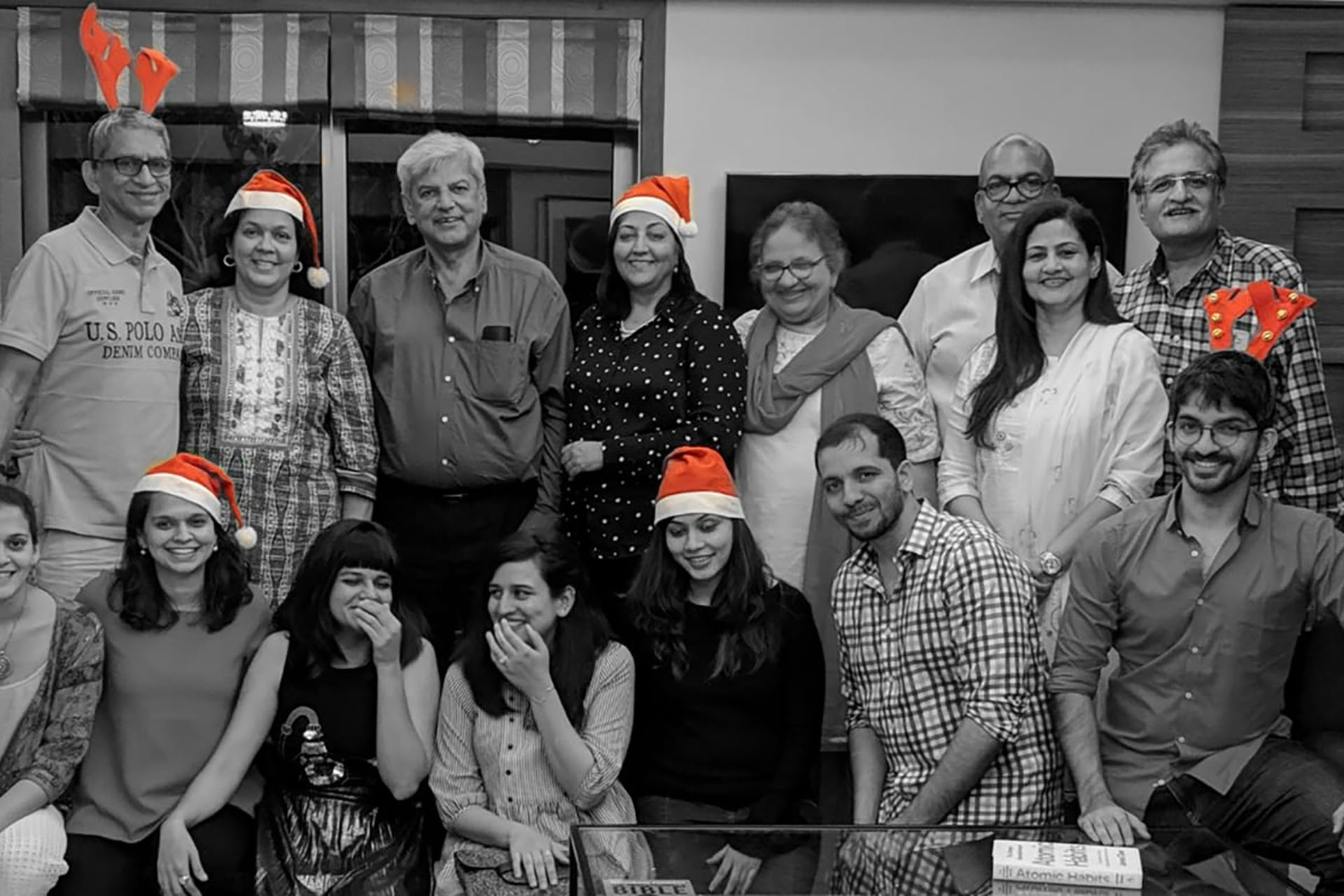“Our conversation with Munaf Kapadia took us on a tour into the food business, what it takes to start up from a home kitchen, and an exploration of the delicious Bohra cuisine.”
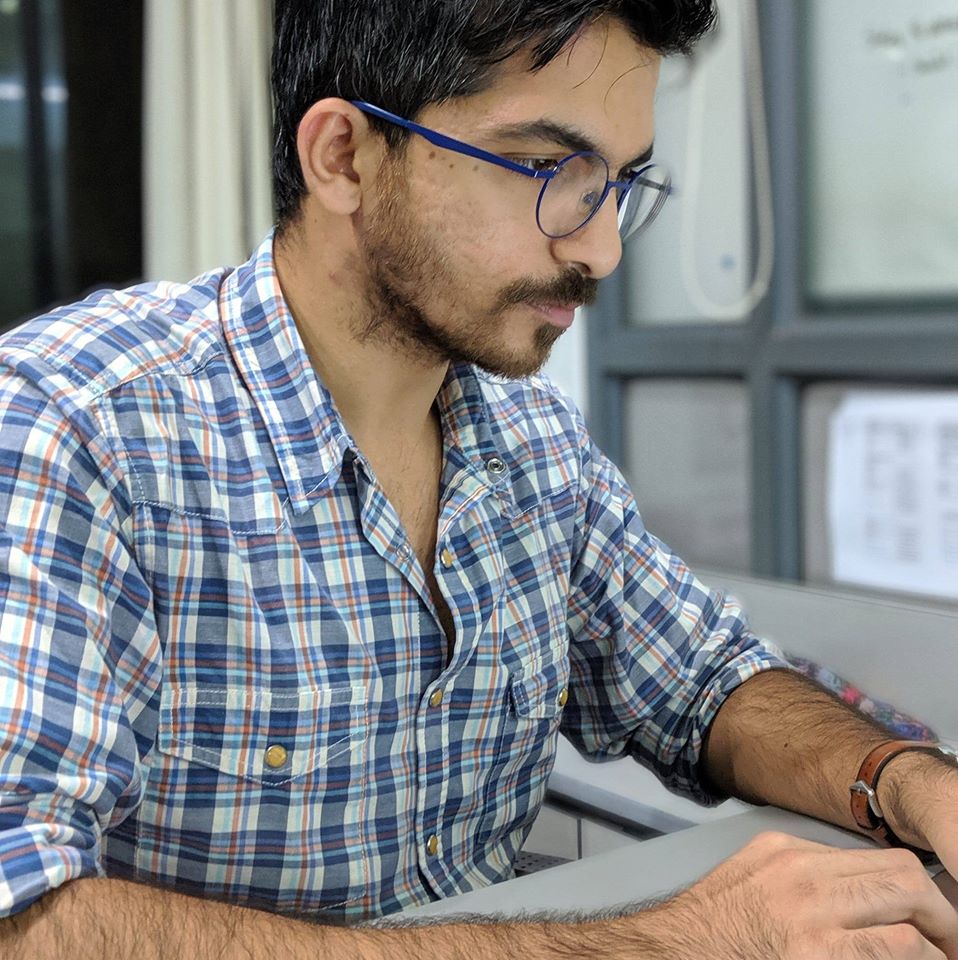
Having worked at Google as an Account Strategist, Munaf Kapadia also goes by being known as ‘The Guy Who Quit Google to Sell Samosas!’ After an experience of around four and a half years at Google, Munaf quit his job to work full-time at Bohri Kitchen, a start-up he co-founded with his mom to put into action his creative concept of home dining.
He pursued BBA in marketing from Narsee Monjee College of Commerce and Economics which was followed by an MBA in Marketing at SVKM’s NMIMS in 2011.
What is The Bohri Kitchen?
The Bohri Kitchen or TBK is a unique experience where one pays to eat yummy Bohri Cusine prepared by Munaf’s mother in their home kitchen and served in their dining hall. Once only open to their first circles, now, one can apply for the experience and enjoy traditional Bohri food, served in a big thaal and relish with family and friends.
Let us dive into this conversation and know more about The Bohri Kitchen or TBK like its fans lovingly call it.
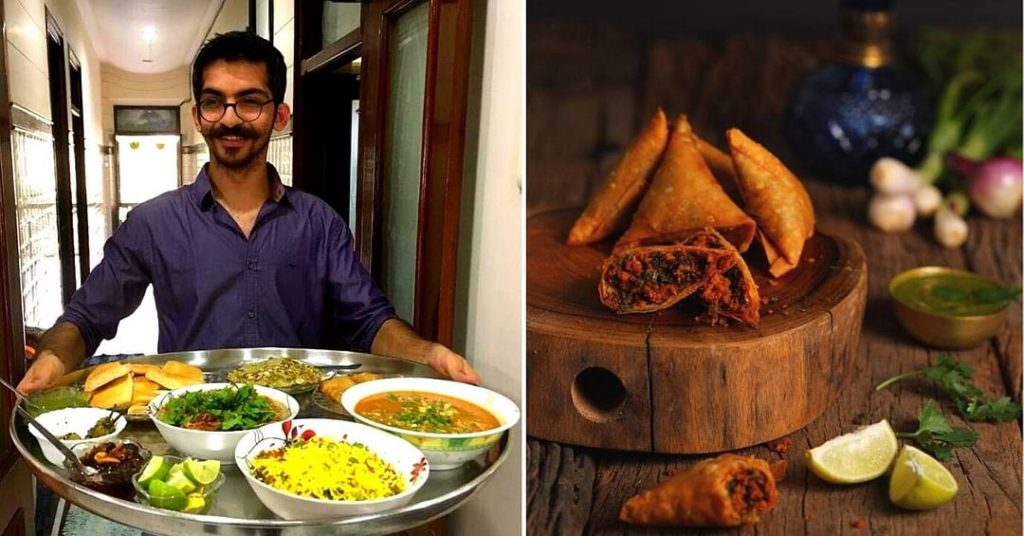
The Origin of the Idea of Home Dining:
After ideating the concept of home dining, Munaf talked about it to his Dad. Like any other Indian family, charging money to people whom you invite for a meal at home seemed rude to his Dad.
Being the offbeat person that Munaf was, he went ahead and organized an event with his mom. About the first few experiences, he says,
“The first few home dining experiences I did by lying to my Dad. I told him that these people who have come home are actually my friends when in fact they were complete strangers.”
– Munaf Kapadia
Materialising the Idea:
With the enriching flavors of the Bohri dishes, Munaf established The Bohri Kitchen in 2015 by sending emails to his friends who intended to pay him money to enjoy the Bohra cuisine at his home. After a few hesitant replies, people who were fascinated by this idea and the cuisine agreed to pay him for the food.
Munaf also mentions the constraints that he faced initially.
There was a chance of strangers dining in at The Bohri Kitchen. So it was important for him to maintain comfort and security at his home. He overcame this constraint by fixing a ‘No serial killer’ policy. By this he means in order to dine in at TBK one has to apply for seats. A person or a group is only allowed at TBK if the TBK family is comfortable with having them over after knowing their background.

“At TBK you cannot book a seat. You have to request a seat. After your request, we will request you for some information about yourself and after mutual agreement at TBK family we let you dine in at TBK.”
Giving Home Chefs the Opportunity to Bloom:
Munaf believes that home chefs if given an opportunity to thrive, can have tremendous potential in establishing their ecosystem. He talks about the skill that the Indian housewives have which they have mastered over the years by cooking for their family. He focuses on the lack of opportunity for home chefs to monetize their skills. According to Munaf, the way of unlocking the potential of these home chefs is to give them a chance to let people dine-in at suitable prices. This will help them prove their potential while simultaneously monetizing their talent.
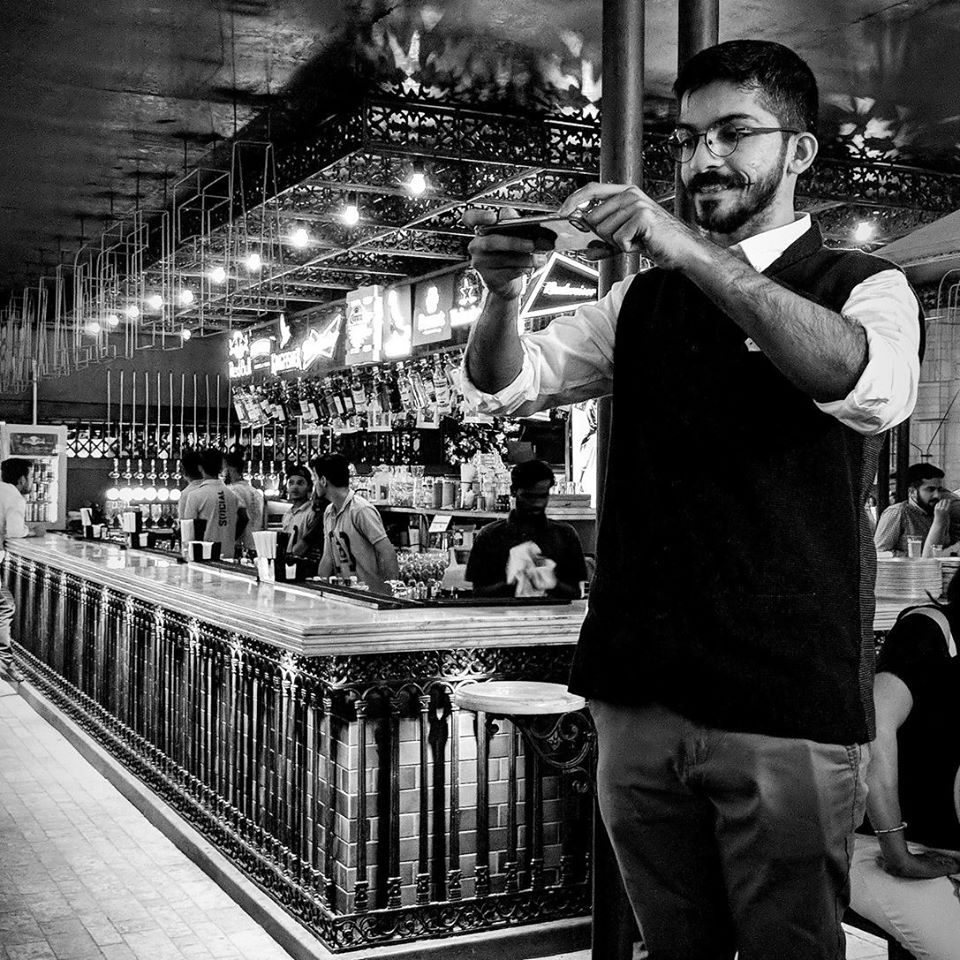
He also mentions his initial efforts to create an eCommerce platform where people can book seats for home dining. But it came to his notice that it was an early move to create a platform since there was not much familiarity with home dining. This has led him to explore other ways to empower home chefs.
The Cloud Kitchen Space:
Munaf believes there are certainly many advantages to cloud kitchen spaces. He shares that his own venture of home dining at TBK has made benefit from it. Although this is a good way of reaching out to food customers, he mentions that it has disadvantages too which are overpowering the advantages. This is the main reason behind cloud kitchens being a broken business model. The reason for which he states that aggregators simply don’t share customer details with the food producers. So even though exclusive cloud kitchens can be set up and food can be prepared on a scale, it still becomes difficult to maintain the flow. Also, aggregators make the producers work on an acquisition- centric business model which is barely sustainable. Predicting about cloud kitchens he says,
“To fill the voids in this business model there are a lot of people coming up with innovative ideas. Also, one golden opportunity in the future would be that you will see various amazing brands working together. Acquisitions and strategic collaborations will come into the picture.”
He also predicts that the future of cloud kitchens will be exciting since more aggregators are coming up who share information about the customers. The biggest turn point would be esteemed brands collaborating in the upcoming years to make things feasible and profitable.
Environmental Sustainability in Business:
According to Munaf using sustainable and recyclable materials for packaging or zero waste kitchens are undeniably a good move. But considering the current situation of Covid-19, businesses presently are focusing on survival rather than sustainability. Also, one cannot expect industries to spend money on recyclable packaging while they are struggling to make profits. He also mentions observations of consumer behavior. Customers are becoming aware of what they eat and how that responds to their bodies. Vegan and organic products are becoming popular, he shares. He says,
“If businesses take the environmental sustainability concept seriously, it would solely be for marketing and moral purposes.”
He further explains the potential of the food industry where businesses can thrive only by working on their strengths.
“How did The Bohri Kitchen gain remarkable media coverage? And how can a regular business do that?”
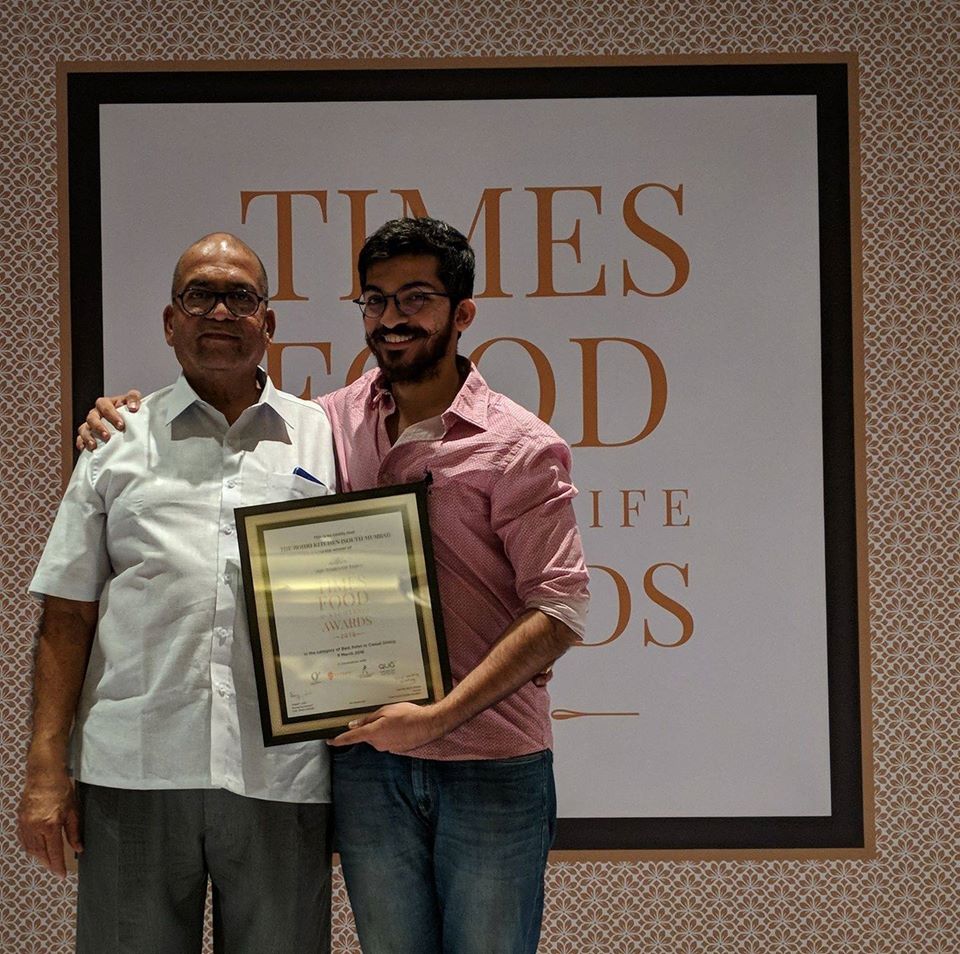
He talks about the legacy that most of the brands fail to create. Giving the example of the cloud kitchen itself, he states,
“In the Cloud Kitchen Space, every week you will see at least ten biryani brands getting launched. One has to analyze whether that brand has a personality, a story, or the ability to create a legacy.”
Talking more about the ‘Three-Dimensional Branding’ he explains that your brand logo, design, and fonts are the first dimension. The product/service you provide is the second dimension. But the third dimension is purely based on your brand personality and capability to create a story/legacy.
Since TBK had its story and narrating this story for five years to whoever dines in at TBK, helped to make it a legacy. This led to strong media coverage. He also shares about his book in which he writes about the struggles of establishing The Bohri Kitchen and how it became a brand.
Serving Food as an Experience:
Munaf answers this by demarcating the Indian culture which has numerous communities, cuisines, and traditions. He explains that India has a plethora of cultures as compared to other countries. One just needs to identify the experience and look at it from a money-making point of view. Entrepreneurs need to recognize the cultural assets they have and monetize them.
The Home Delivery Touchpoints that Matter:
Munaf focuses on certain touchpoints like hygiene, delivery time, and packaging of the food. The consistency of taste is another aspect which he thinks is extremely important.
But the aspects differ when it comes to actually go to a restaurant and having food. In that case, the ambiance, the vibes around you, their cutlery, and the way the staff communicates with you also play a crucial role.
Home Chefs and Investments:
Munaf states the importance of creating a unique identity in the market. He mentions the concept of ‘Intellectual Property’ and advises businesses to provide it to their customers. By this, he means something that would differentiate your brand from others. He gives the example of TBK which has the Bohri cuisine that makes it outstanding.
Rapid Fire Round:
1) What’s your Bible? Books or Blogs?
· Books.
2) Which is your favourite book that you would recommend to our readers?
· ‘The Goal’ by Eliyahu Goldratt
3) Videos or Podcasts?
· Videos. (TED talks)
4) Which app on your phone do you use first every morning?
5) Which is your favourite dish/beverage you would prepare?
· Smoothies
6) Gas stove or Microwave?
· Gas Stove
7) Go-to Restaurant?
· Woodside Inn in Colaba
8) Your favourite Bohri dish?
· Smoked Mutton Keema Samosas
